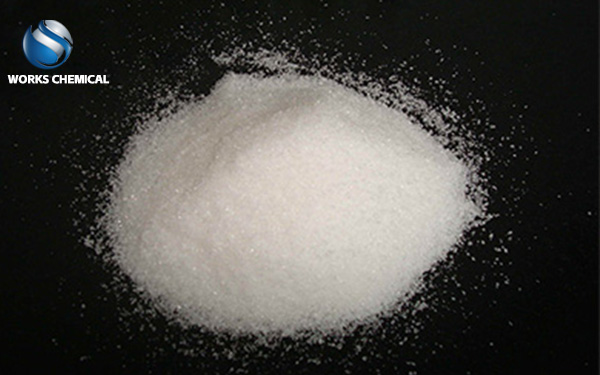
The correct selection of sludge conditioner is very important to solve the problem of less mud and low efficiency of the filter press. The following are some suggestions on how to choose the right sludge conditioner to optimize the performance of the filter press:

First, understand the properties of sludge
Organic and inorganic content:
For sludge with high organic matter content, it is recommended to choose cationic organic polymer conditioner, and the higher the organic matter content, the more suitable to choose products with higher polymerization degree.
For inorganic sludge, anionic organic polymer conditioners can be considered, and the price of such conditioners is relatively more affordable.
Sludge pH value:
The optimum pH range of coagulation reaction of different agents is different. For example, the hydrolysis of aluminum salts is very sensitive to pH, and the optimal pH range for its condensation reaction is 5 to 7. When the pH value deviates from the optimal range, the conditioning effect will be affected, and at this time, the type of agent should be changed or the pH value of the sludge should be adjusted.
Two, consider the characteristics of the conditioner
Flocculation effect:
Choose a conditioner that can effectively form a large and dense floc, which helps to improve the filtration efficiency during the filtration process and reduce the water content of the filter cake.
Configuration concentration:
The concentration of the conditioner not only affects the conditioning effect, but also relates to the consumption of the agent and the production rate of the sludge dehydrating agent. Under normal circumstances, the lower the concentration of organic polymer flocculant configuration, the less the drug consumption, the better the conditioning effect. However, too high or too low concentration will reduce the yield of mud cake, so it is necessary to adjust according to the actual situation.
Three, optimize the conditions of use
Temperature of mixing solution:
Sludge temperature directly affects the hydrolysis of flocculant. When the temperature is low, the hydrolysis will be slow, and the conditioning effect will be significantly reduced. At this time, the effect can be improved by appropriately extending the conditioning time or selecting a low-temperature adaptable agent.
Adding sequence and method:
When the inorganic conditioner and organic polymer conditioner are used to combine the sludge conditioning, the inorganic conditioner should be added first, and then the organic polymer conditioner, which can achieve a better conditioning effect. At the same time, make sure that the conditioner and the sludge are fully mixed evenly.
Iv. Precautions in practical application
Avoid clogging:
Certain conditioning agents (such as aluminum salts) may clog the filter cloth during dehydration, so the filter cloth needs to be cleaned regularly or replaced with a new filter cloth to maintain its good filtration performance.
Equipment Maintenance:
Regular maintenance of the filter press, check whether its components are in good condition and replace the wearing parts in time to ensure the normal operation of the equipment and extend the service life.
Cost control:
In the selection of sludge conditioner, in addition to considering its conditioning effect, it is also necessary to comprehensively consider its cost and the cost of sludge disposal after treatment, in order to maximize economic benefits.
In summary, through the comprehensive consideration and practical operation of understanding the properties of sludge, considering the characteristics of the conditioner, optimizing the conditions of use and paying attention to the matters in practical application, you can choose the sludge conditioner and optimize the performance of the filter press, so as to solve the problem of less mud and low efficiency.